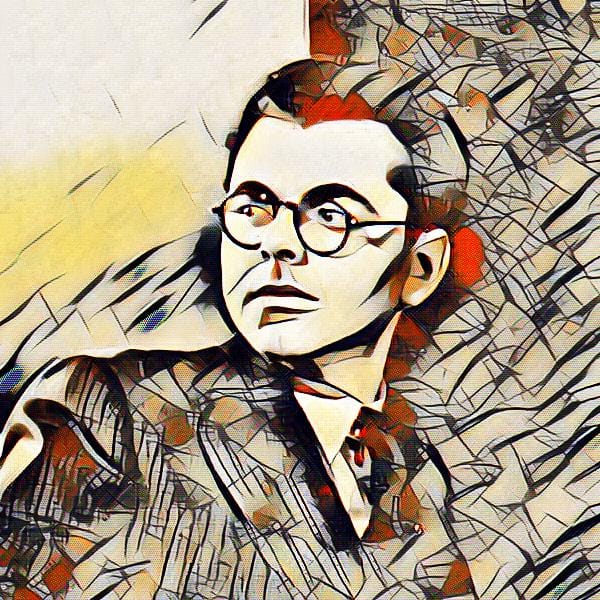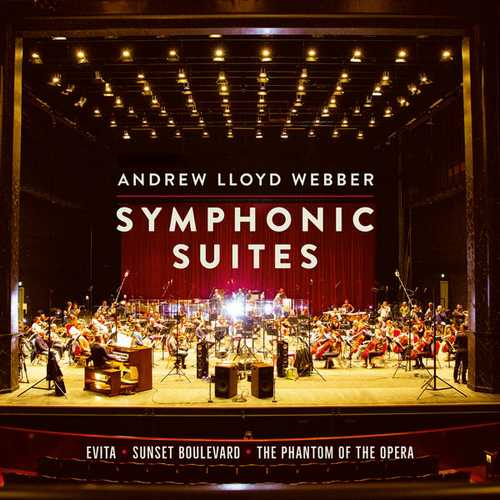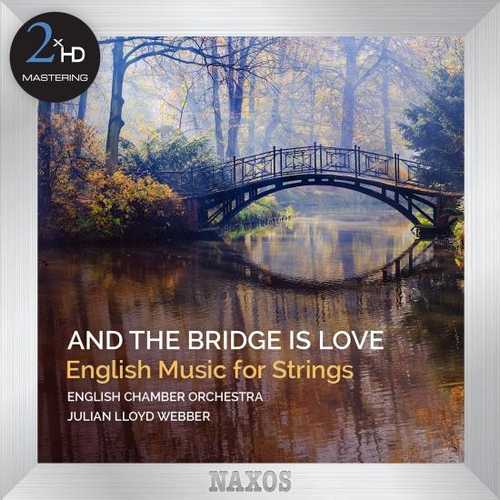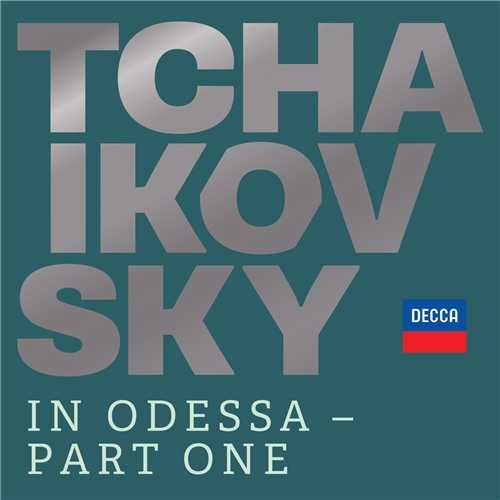Lloyd Webber

William Southcombe Lloyd Webber (1914–1982) was an English organist, composer, and educator, whose contribution to 20th-century British classical music is often overshadowed by the fame of his two sons, Andrew Lloyd Webber and Julian Lloyd Webber. However, his own musical career was distinguished, characterized by a deeply personal compositional style that reflected his love of Romanticism, spirituality, and organ music.
Born on March 11, 1914, in London, Lloyd Webber was a musical prodigy from a young age. He started learning the piano at three and soon began showing exceptional talent for the organ. By the time he was 14, he was already deputizing as an organist at various London churches. He went on to study at the prestigious Royal College of Music, where he trained under Ralph Vaughan Williams, one of the leading English composers of the time, and C.H. Kitson, a noted music theorist and organist. This education gave him a solid foundation in both composition and organ performance, shaping his future career.
Lloyd Webber’s compositions drew heavily on the late-Romantic idiom, and his music is noted for its lyrical qualities, harmonic richness, and emotional depth. However, during his lifetime, his compositional output did not gain widespread recognition, primarily because his musical style was somewhat at odds with the prevailing trends in mid-20th-century British classical music. The modernist and avant-garde movements were gaining prominence, and Lloyd Webber’s Romanticism was often viewed as out of step with the times. Despite this, he remained true to his musical voice, producing works that were deeply expressive and imbued with a sense of personal conviction.
One of Lloyd Webber’s most significant contributions to music was as a church organist. He held several important posts throughout his career, including at All Saints, Margaret Street, and Westminster Central Hall, where his skill as an organist was widely admired. His performances were characterized by their sensitivity and command of the instrument. He also composed a number of pieces for the organ, many of which are still performed in recitals today. His organ music, much like his other works, blends traditional forms with lush harmonies, creating a sense of spiritual intensity.
Although Lloyd Webber’s career as a composer was somewhat overlooked during his lifetime, interest in his work has grown in the years following his death. His compositions, which include choral works, organ music, chamber music, and a symphony, have been re-evaluated and performed more frequently. His choral piece *Benedictus*, and *Missa Sanctae Mariae Magdalenae* are particularly notable for their melodic beauty and devotional character.
In addition to his work as a composer and performer, Lloyd Webber was also a dedicated teacher. He taught at the Royal College of Music for many years, influencing a generation of musicians. His commitment to education was evident not only in his formal teaching roles but also in the musical guidance he provided to his sons. Both Andrew Lloyd Webber, the celebrated composer of musical theatre, and Julian Lloyd Webber, the acclaimed cellist, have spoken about the profound impact their father had on their musical upbringing.
Despite his personal and professional achievements, Lloyd Webber remained a humble and private individual throughout his life. His death in 1982 marked the end of a quiet but significant career in British music. It was only in later years that his compositions began to receive the attention they deserved. His work stands as a testament to his devotion to music and his belief in the enduring power of Romanticism in an increasingly modern world.
Today, William Lloyd Webber’s legacy is gaining recognition, and his music is appreciated for its emotional sincerity and craftsmanship. His sons have helped to bring attention to his work, ensuring that his contributions to British music are not forgotten.
—

Andrew Lloyd Webber is one of the most influential and successful composers in musical theatre history. Born on March 22, 1948, in London, he was raised in a musically gifted family. His father, William Lloyd Webber, was a composer and organist, and his younger brother, Julian Lloyd Webber, became a renowned cellist. Andrew showed an early passion for music and began composing his own pieces at a young age. He attended the Royal College of Music briefly before dedicating himself to musical theatre.
Lloyd Webber’s breakthrough came in 1968 with *Joseph and the Amazing Technicolor Dreamcoat*, a collaboration with lyricist Tim Rice. This was followed by *Jesus Christ Superstar* (1970) and *Evita* (1976), both of which became global successes and solidified his reputation as a leading figure in musical theatre.
In the 1980s, Lloyd Webber’s career reached new heights with a series of iconic productions, including *Cats* (1981), *The Phantom of the Opera* (1986), and *Starlight Express* (1984). *The Phantom of the Opera*, in particular, became the longest-running show in Broadway history, with its lush, operatic score and grand staging captivating audiences worldwide.
Lloyd Webber’s music is known for its memorable melodies, dramatic flair, and innovative use of classical and contemporary influences. His ability to blend different musical styles has made his works accessible to a broad audience.
Over the course of his career, Lloyd Webber has won numerous awards, including multiple Tony Awards, an Academy Award, and several Grammy Awards. He was knighted in 1992 and later elevated to the peerage as Baron Lloyd-Webber, recognizing his monumental contribution to the arts. His musicals continue to be performed worldwide, ensuring his enduring legacy.




